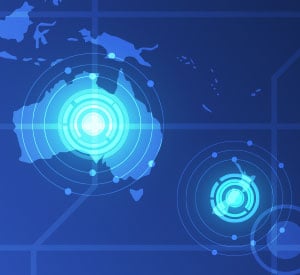 Often when I ask importers about their duty liability the response I receive is, “Yes… but its only 5%.” Well if I had 5% of the 5% for every time I ask…. you get the picture. Whilst the duty paid on individual importations may not amount to a substantial cost, over time the “only 5%” can add up to significant sums. If you are still not convinced, consider what’s more challenging: expanding your sales to increase net profit by 5%, or reducing the cost of the imported product through duty mitigation?
Often when I ask importers about their duty liability the response I receive is, “Yes… but its only 5%.” Well if I had 5% of the 5% for every time I ask…. you get the picture. Whilst the duty paid on individual importations may not amount to a substantial cost, over time the “only 5%” can add up to significant sums. If you are still not convinced, consider what’s more challenging: expanding your sales to increase net profit by 5%, or reducing the cost of the imported product through duty mitigation?
I suspect many of you have continued reading, so allow me to introduce a valuable duty mitigation method: the Tariff Concession System. In Australia the Tariff Concession System was designed to help industry become more competitive in the international markets by allowing duty-free importation of certain products that are eligible for a Tariff Concession Order (TCO). Upon application, a TCO is made in respect of goods if substitutable goods are not produced in Australia, in the ordinary course of business. In this context, substitutable goods are Australian produced goods which have a use corresponding to a use of the imported goods. A number of goods are excluded from TCO eligibility, such as clothing, foodstuffs and some passenger motor vehicles.





